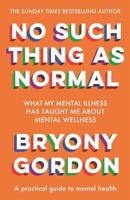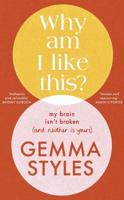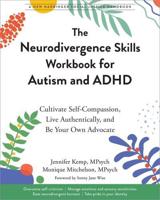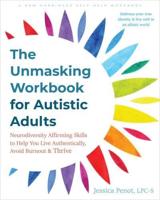Publisher's Synopsis
Autistic people often experience difficulties with social communication. This can impact all areas of life and can contribute to poorer mental health outcomes, reduced opportunities for fulfilling social interactions and barriers to health and social care, education and employment. This book offers a new way of understanding why cross-neurotype mis attunements in communication may happen by taking the double empathy problem - the reframing of social communication difficulties as a two-way problem, not simply the result of an autistic ' deficit' - and a little-known cognitive linguistics theory, ' relevance theory' , as a starting point. Weaving together threads from critical autism studies, a social-justice perspective, cognitive science, linguistics and sociology, this book leads the reader towards a new, radical perspective of how we can understand these breakdowns in understanding.










